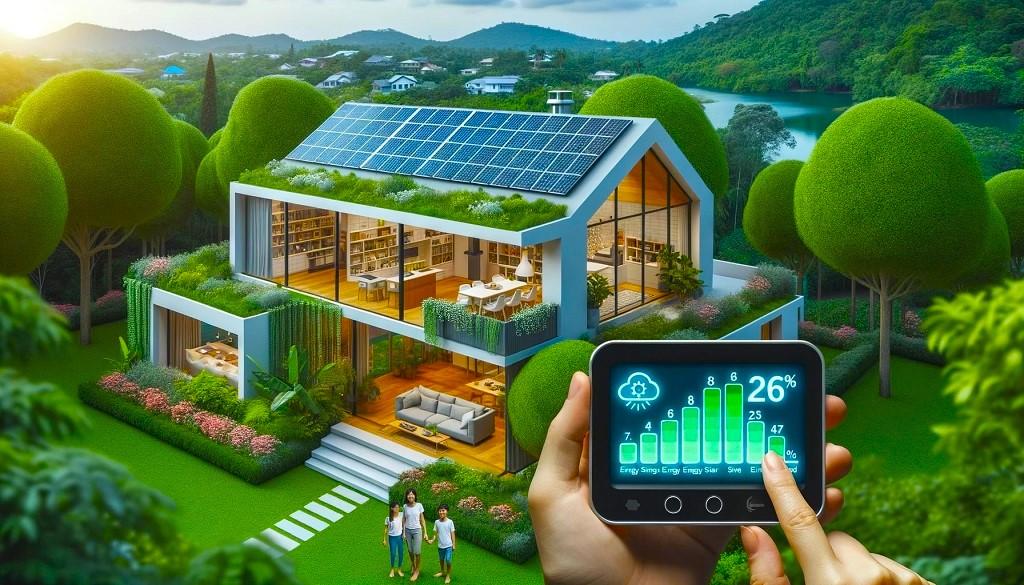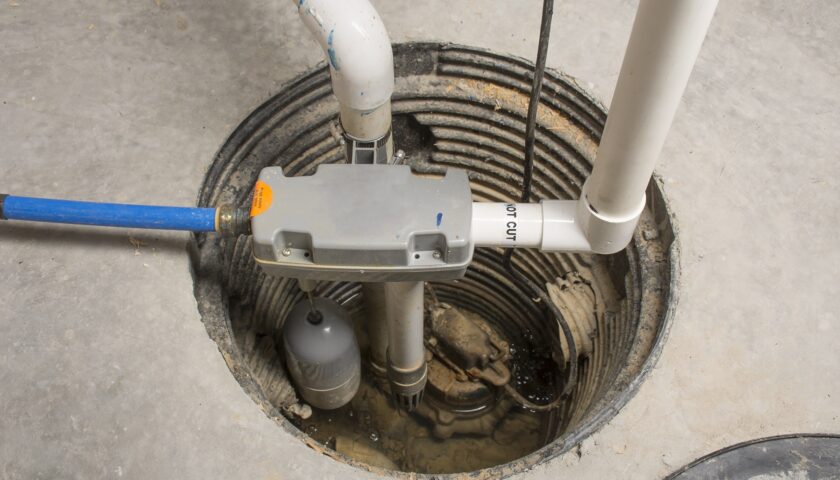Key Takeaways:
- Deep understanding of the range of energy-efficient heating systems available today.
- Insight into the environmental impact and potential of renewable heating solutions.
- Knowledge about financial incentives that encourage the adoption of energy-efficient systems.
- The transformative role of intelligent technology in managing home heating efficiently.
- Importance of insulation and maintenance in maintaining a heating system’s efficacy.
- Exploring alternative heating solutions and future trends in home heating.
Understanding Home Heating Efficiency
Heating efficiency has become a pressing issue as homeowners increasingly search for solutions that provide comfort without compromising sustainability. Understanding home heating efficiency means being familiar with the heating value, efficiency ratings such as AFUE (Annual Fuel Utilization Efficiency), and identifying systems that deliver maximum heat with minimal waste. In this regard, considering services like oil delivery in Millstone, NJ, for reliable and efficient heating fuel is prudent, as these services ensure quality and optimized energy use. As an essential part of household operations, an efficient heating system reduces utility bills and conserves energy resources, creating a comfortable living environment that aligns with eco-friendly practices.
Types of Energy-Efficient Heating Systems
The quest for energy-efficient heating has led to many systems tailored to diverse needs and preferences. The market presents various options, from conventional systems known for their dependability, such as high-efficiency furnaces and boilers, to progressive technologies like heat pumps. Advanced heat pumps, in particular, have emerged as a standout amongst energy-efficient solutions, utilizing ambient outdoor air and ground-source energy to provide homes with sustainable heating (and cooling). Modern homeowners are now spoilt for choice, having access to innovations that maximize energy savings and minimize carbon emissions.
The Environmental Impact of Home Heating
The connection between home heating practices and environmental preservation must be balanced. The methods we choose to heat our homes profoundly affect our carbon footprint, with conventional heating systems using fossil fuels contributing significantly to greenhouse gas emissions. It’s becoming increasingly apparent that adopting renewable energy sources for home heating supports environmental sustainability and ushers in a cleaner, healthier future.
Insulation and Home Heating Efficiency
Insulation is the unsung hero in the narrative of home heating efficiency. Properly installed and high-quality insulation extends beyond just keeping the cold out; it fundamentally enhances the heating system’s performance. Insulation minimizes heat loss through walls, roofs, and floors, resulting in more consistent temperatures and less energy needed to maintain a warm household. Whether retrofitting an older home or integrating insulation into new construction, the immediate and long-term benefits can be highly cost-effective.
The Role of Maintenance in Heating System Efficiency
Routine maintenance is critical to maintaining the efficiency and longevity of any heating system. Home heating systems, like vehicles, require periodic check-ups to ensure everything runs smoothly. Simple actions such as cleaning filters, checking for leaks, and servicing components ward off unexpected breakdowns and support energy conservation by maintaining optimal operational performance. Do-it-yourself homeowners can complete some maintenance activities, but more sophisticated service should be left to qualified professionals to ensure a system’s dependability for many years.
Alternative Heating Solutions
Exploring alternative heating solutions indicates a broader trend toward sustainability and energy independence. Solar heating systems, for example, optimize the use of renewable energy directly from the sun, reducing reliance on traditional energy grids while producing zero emissions. Similarly, biomass boilers, which utilize organic materials such as wood pellets or chips, offer a sustainable fuel alternative that is both renewable and carbon-neutral. These technologies represent the vanguard of heating solutions prioritizing environmental stewardship without compromising quality or performance.




